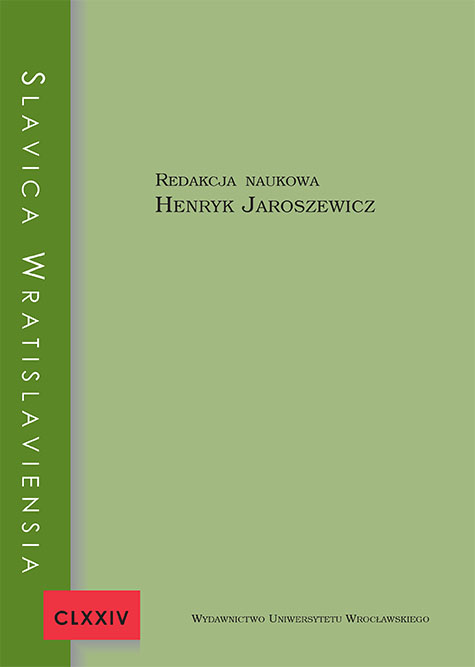

Статьи

Тэрмін „меншасць” для этналінгвістычна вызначанай групы, якая пражывае ў этналінгвістычна „чужой” нацыянальнай дзяржаве, быў цвёрда ўведзены ў лексікон міжнародных адносін і міжнароднага права пасля Першай сусветнай вайны. У гэтых сферах гэты тэрмін быў абмежаваны Цэнтральнай Еўропай, дзе фактычна ўжываўся Вільсанаўскі прынцып этналінгвістычнага вызначэння нацыянальнага самавызначэння. У сваю чаргу гэты тэрмін спрыяла стварэнню заканадаўча замацаваную калакацыю „мова меншасці”. Пасля канца камунізму абодва тэрміны сталі асновай для фармулёўкі і рэалізацыі правоў меншасцей на прасторы Савета Еўропы ад Грэнландыі і Лісабона да Уладзівастока і Камчаткі. Аднак выкарыстоўваць тэрміны меншасць і мова меншасцей для характарыстыкі русафонскіх груп, якія жывуць за межамі Расіі, здаецца, мае мала сэнсу. У адваротным выпадку мы павінны таксама казаць пра англійскую мову як мову меншасці і пра англафонскія супольнасці, рассеяныя па сённяшняй Еўропе, як меншасці. Але мы гэтага не робім, бо англійская мова не звязана з адзінай нацыянальнай дзяржавай, і яе (пост-)імперскі і гегемантычны характар нельга пасапраўднаму ахарактарызаваць як «мінарытарны» па сваім характары. Тое ж самае тычыцца і рускай, хоць яе гегемонны статус у значнай ступені абмежаваны постсавецкімі дзяржавамі (разам з Манголіяй і Ізраілем).